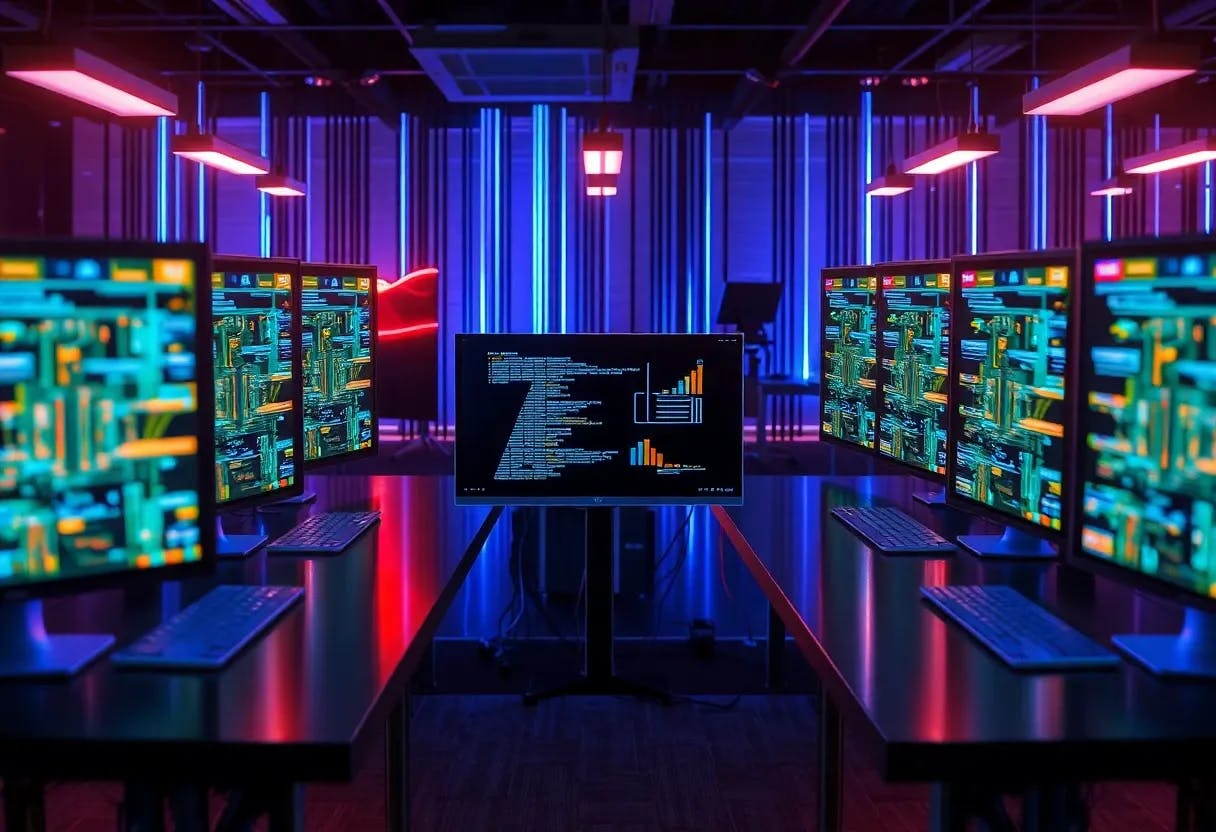Hackernoon
1M
13

Image Credit: Hackernoon
How Token Ownership Shapes Blockchain Security
- Blockchain security is impacted by token ownership, affecting factors such as decentralization and policymaking, software testing, and fault tolerance.
- Full nodes joining blockchain systems face challenges in downloading and maintaining the massive ledger size, leading to reliance on third-party services for ledger access.
- Centralization risks exist in the client API layer due to wallets relying entirely on trusted nodes for ledger content, exposing them to various hazards like double-spending attacks and privacy concerns.
- Governance in blockchain involves decision-making for conflict resolution and fund allocation, with governance power distributed among active entities based on token ownership and wealth.
- Centralization in mining or concentrated token ownership can lead to governance issues and potential harmful decisions that impact the stability and safety of the system.
- Decentralized decision-making processes face challenges, including theoretical limitations like Arrow's impossibility theorem, social choices, and game-theoretic considerations.
- Research and development (R&D) funding in blockchain ecosystems is critical for maintaining codebase, enhancing features, and ensuring market stability, with funding models impacting centralization and system updates.
- Ledger self-funding through treasuries can promote decentralized R&D funding by allowing collective management and voting for funding allocation, fostering a diverse ecosystem of development teams.
- Blockchain governance plays a crucial role in addressing conflicts, decision-making, and funding aspects, with the need for transparent and inclusive processes to ensure system stability and development.
- Authors of the article include Christina Ovezik, Dimitris Karakostas, and Aggelos Kiayias from the University of Edinburgh and IOG, with the paper available under CC BY 4.0 DEED license on arxiv.
Read Full Article
Like
For uninterrupted reading, download the app